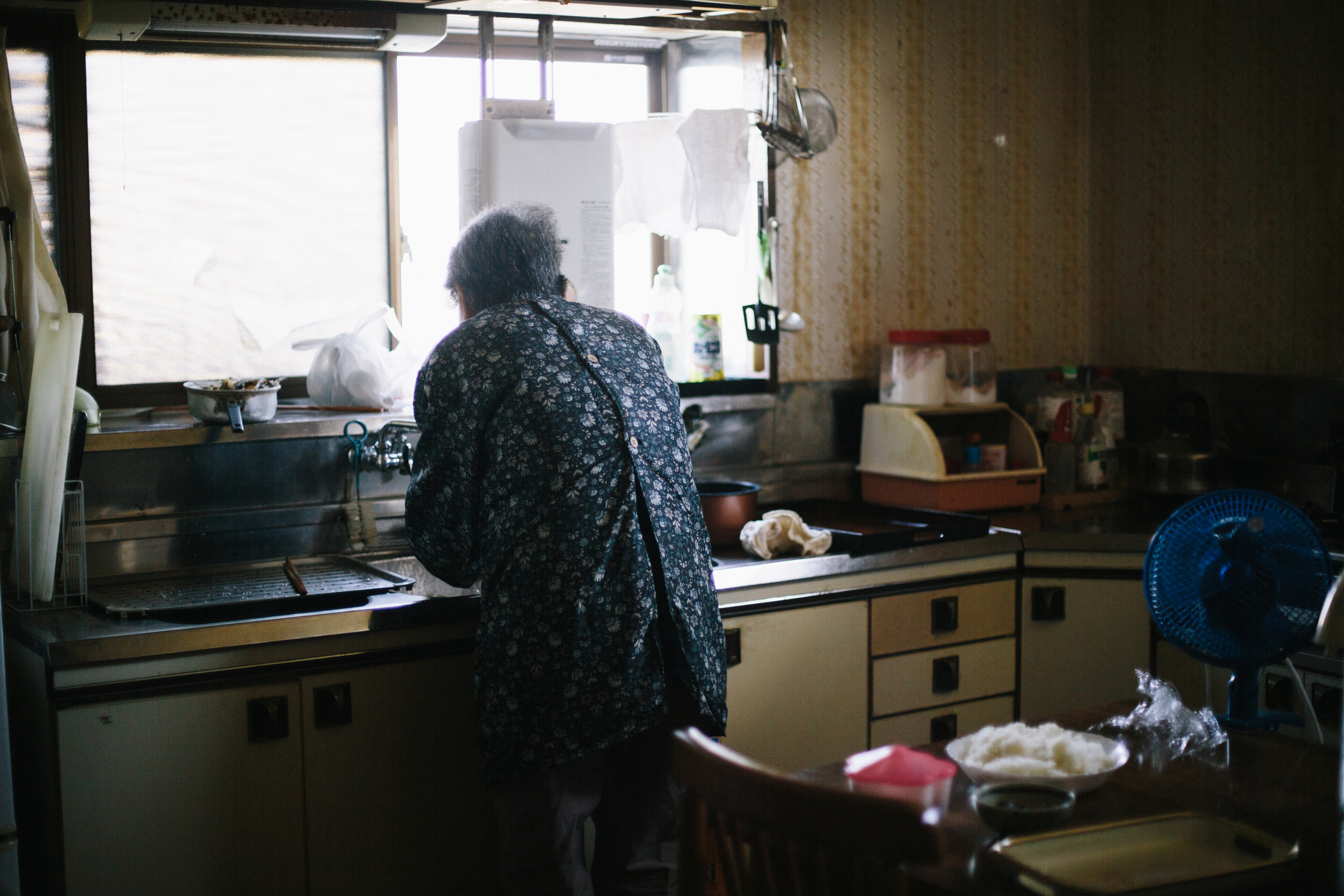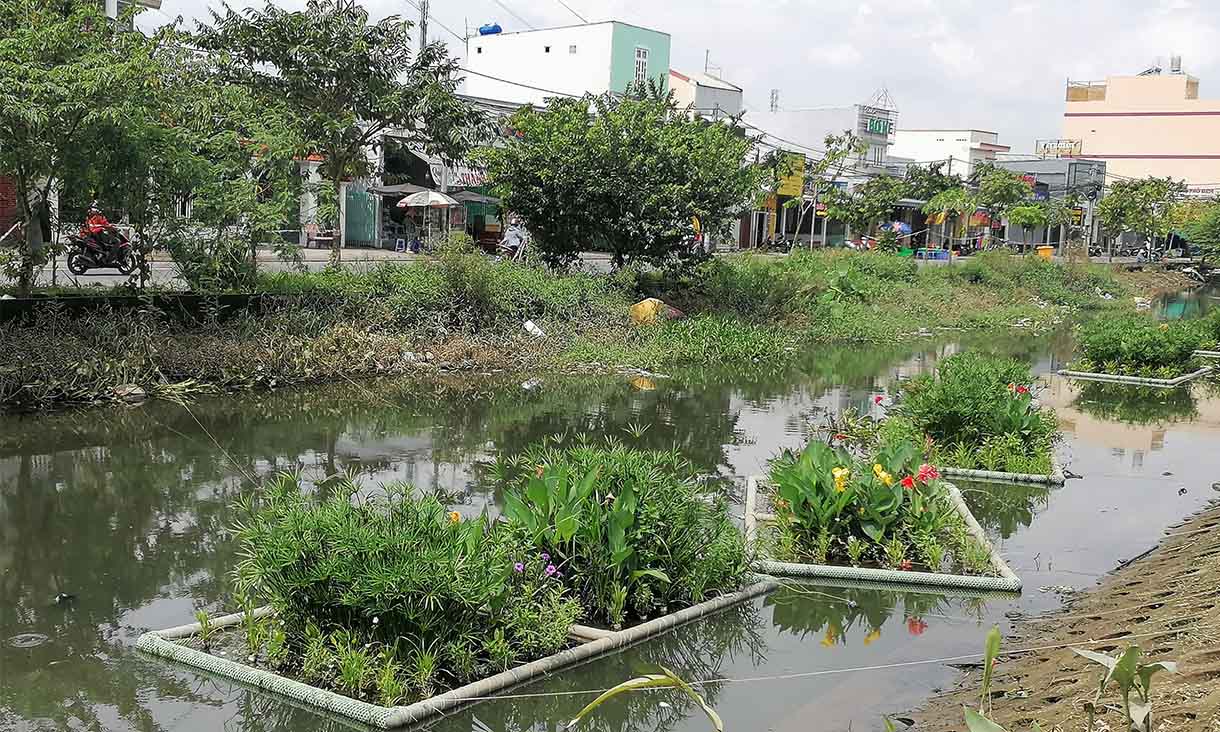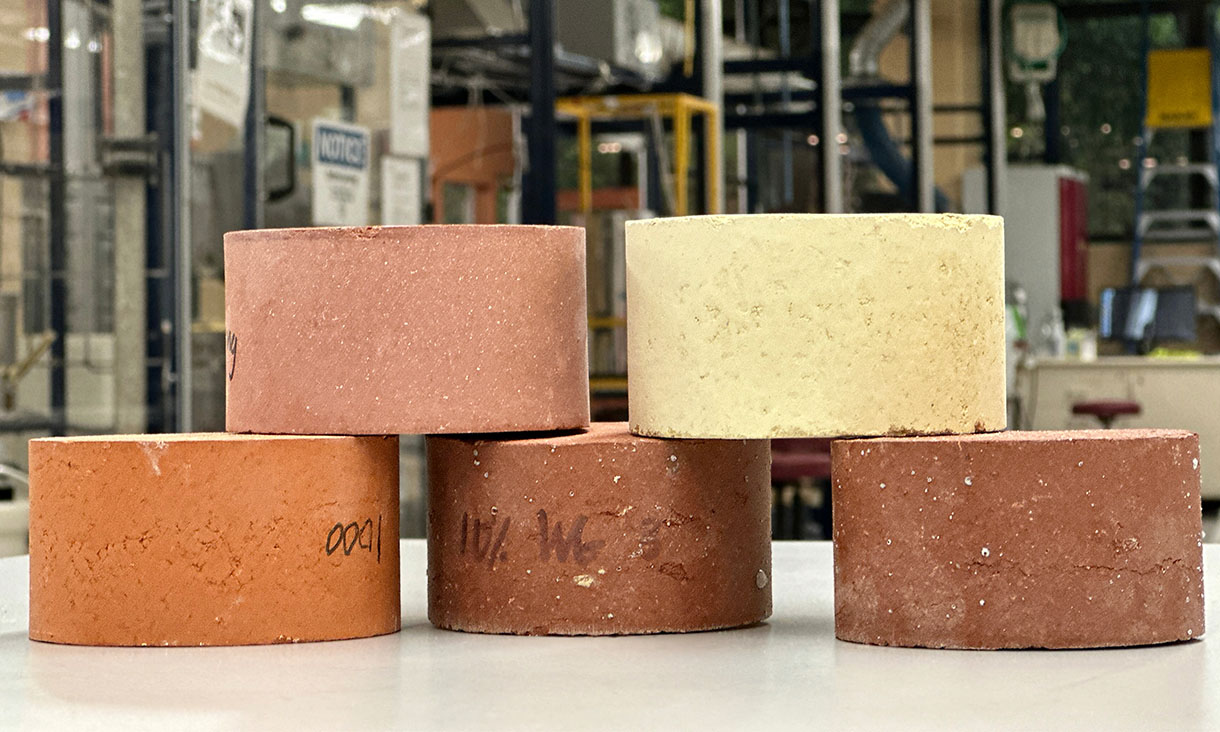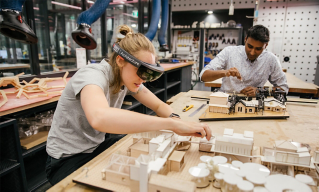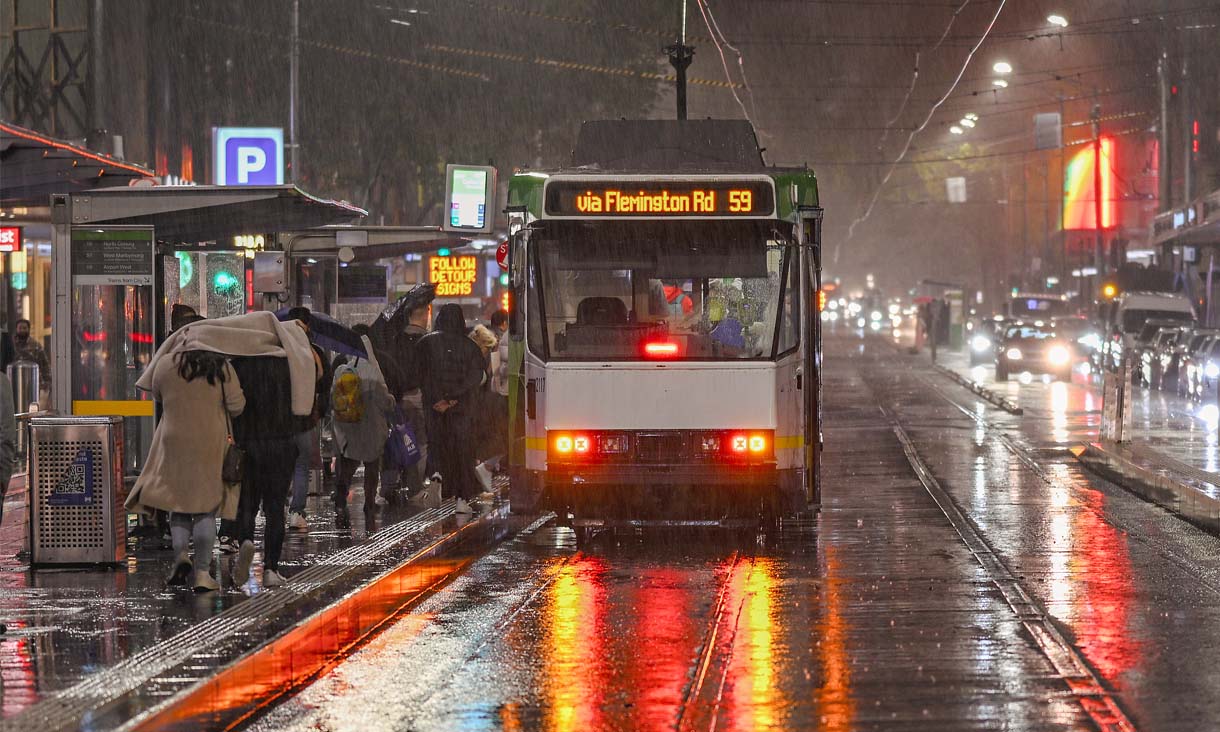Staying at home has been a key factor in controlling the spread of COVID-19.
But this has brought on significant challenges caused by confinement and existing housing inequalities.
Investigating the impacts of COVID-19 on Victorian households, a new study conducted by RMIT urban researchers suggests the design and quality of existing housing and urban environments must be targeted as part of a COVID-19 recovery.
Lead researcher of the report Professor Ralph Horne said the built environment has a vast capacity to influence people’s physical, mental and emotional health outcomes.
“Melburnians endured a 111-day lockdown and during that time housing became the primary – and often the only – site of everyday life,” Horne said.
“However, housing is not currently organised in a way that provides for universal sanctity, security, health and liveability.
“COVID-19 restrictions have exacerbated the impact of existing inequalities and deficiencies resulting in unequal vulnerabilities.
“This has significant implications for housing and urban policy going forward and makes policy action in response to these issues more urgent.”
In-depth interviews were conducted with Melburnians and regional Victorians, prior to and during the first three months of the pandemic.
More than half of those interviewed said COVID-19 had adversely affected their emotional wellbeing – from feelings of disappointment and boredom to profound emotional suffering.
“Policy responses focussed on reducing the risk to physical health but the wider impacts of lockdown measures on social and mental health were largely neglected,” Horne said.
“The rich insights this study provides into how policy ‘hits the ground’ and where the gaps lie should inform how these new measures are implemented.”
Horne said the study recommended a critical review be undertaken of the appropriateness of housing designs, especially of apartments with small or no balconies, small kitchens and limited storage spaces.
“Simple things like ensuring residents have sufficient space to store additional groceries and supplies can have a big impact in the context of extended time spent in the home,” he said.
“Ensuring access to gardens and balconies – or having a view – seemed to build resilience.
“Visual and acoustic issues impacting privacy – especially in apartment buildings – also came to the fore and new issues arose around intimacy in all housing typologies.
“We need urban planning initiatives that ensure proximity to healthy, affordable and walkable grocery shops and food outlets.”
When it came to keeping warm or cold, most participants said they felt stressed about the cost – some even resorted to deprivation to keep the bills down.
Horne said mandating more energy-efficient homes through improved building code stringency and retrofitting energy-efficient materials to existing buildings could help ease the burden.
“It only provides stimulus and enhances future pandemic planning, it also achieves environmental benefits from lower emissions and improves health and equity for vulnerable Australian households,” he said.
“This is a win-win-win situation with multiple reinforcing benefits.”
Story: Chanel Koeleman
‘The lived experience of COVID-19: housing and household resilience’, is published by the Australian Housing and Urban Research Institute.
